Robert G. Mondavi
Robert G. Mondavi (1913-2008) was a winemaker based in Napa Valley, California. He was one of the most influential figures in the American wine world of the late twentieth century. From the launch of the Robert Mondavi Winery in 1966 to his later role as spokesman for wine, Robert Mondavi redefined the place of wine in American food culture.
Early Years
Robert was born in Minnesota in 1913 to Cesare and Rosa Mondavi, immigrants from the Marche region of Italy. Robert was one of four siblings: two older sisters, Mary and Helen, and a younger brother, Peter. The family later moved to Lodi, California, where all four Mondavi children attended Lodi High School. After high school, Robert Mondavi went on to Stanford University, where he graduated in 1936 with a degree in economics and business administration.
In 1966, after many years of working alongside his father and brother at the family winery in St. Helena, California, Robert Mondavi founded the Robert Mondavi Winery in Napa, California. With his sons Michael and Tim and his daughter Marcia, he focused the work of his new vineyard on creating California wines that reflected the winemaking traditions of Europe.
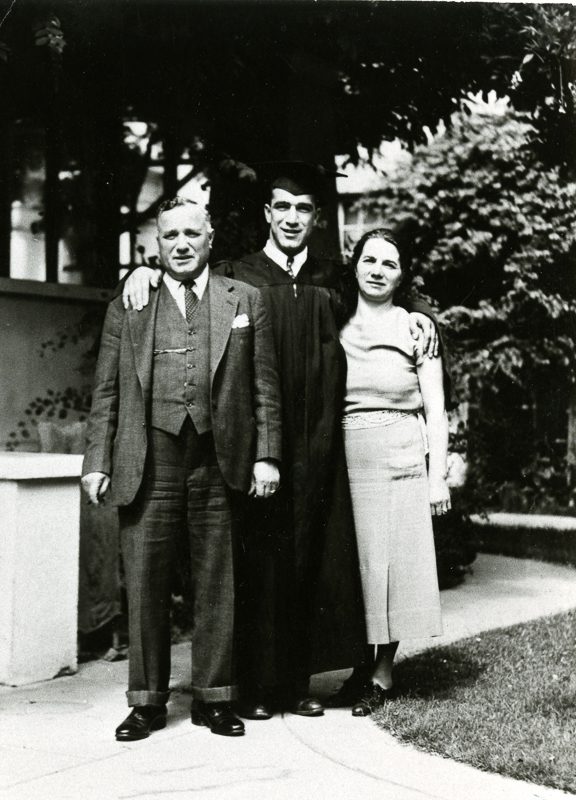
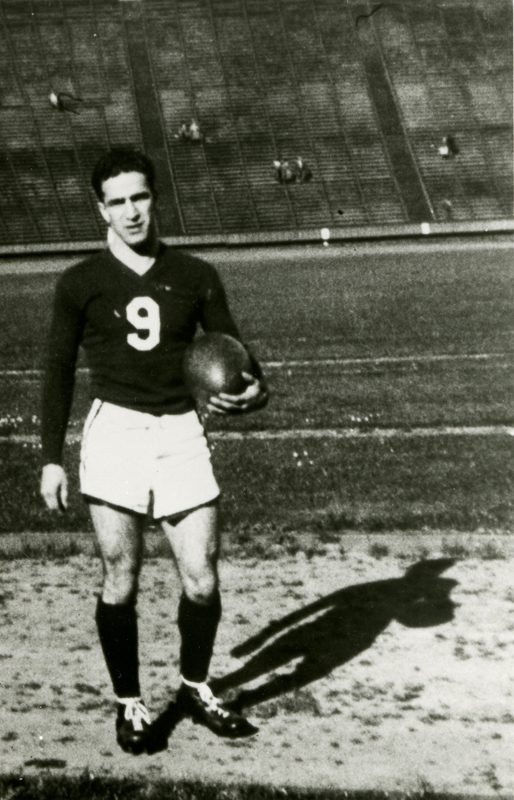
Opus One
In the late 1970s, Robert Mondavi began a conversation with French winemaker Baron Philippe de Rothschild. In 1980, this sharing of ideas blossomed into the Opus One joint venture. This meeting of Napa and Bordeaux elevated the international status of California wines: according to the Opus One website, “Opus One … became the first ultra-premium California wine to be sold in France, the United Kingdom, Germany and Switzerland.” The Opus One project was the first high-profile cooperative venture between European and American vintners.
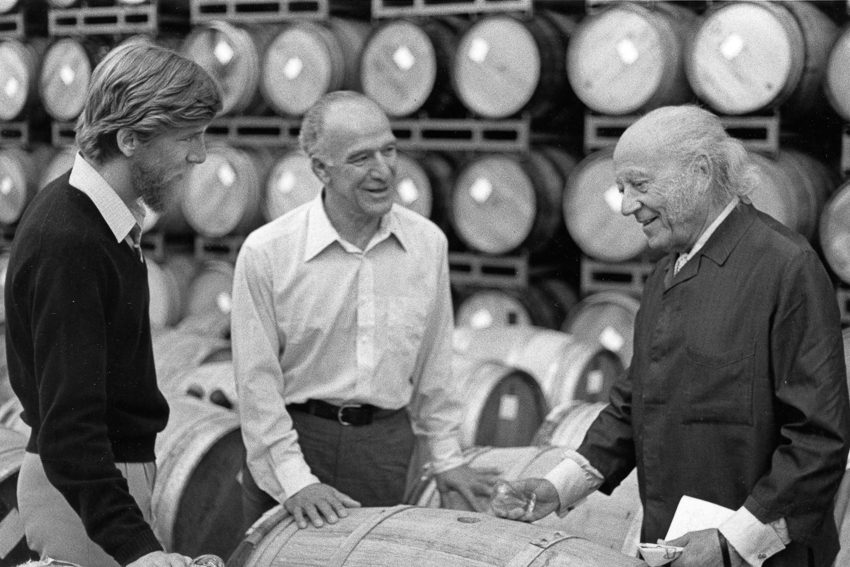
The Mission Program
One of Robert Mondavi’s largest contributions to the American food landscape came about as a result of the Mission Program. Troubled by the neo-prohibitionist attitudes he saw in the popular press of the late 1980s, Robert Mondavi launched the Mission Program. The campaign was intended to redefine the place of wine in daily life.
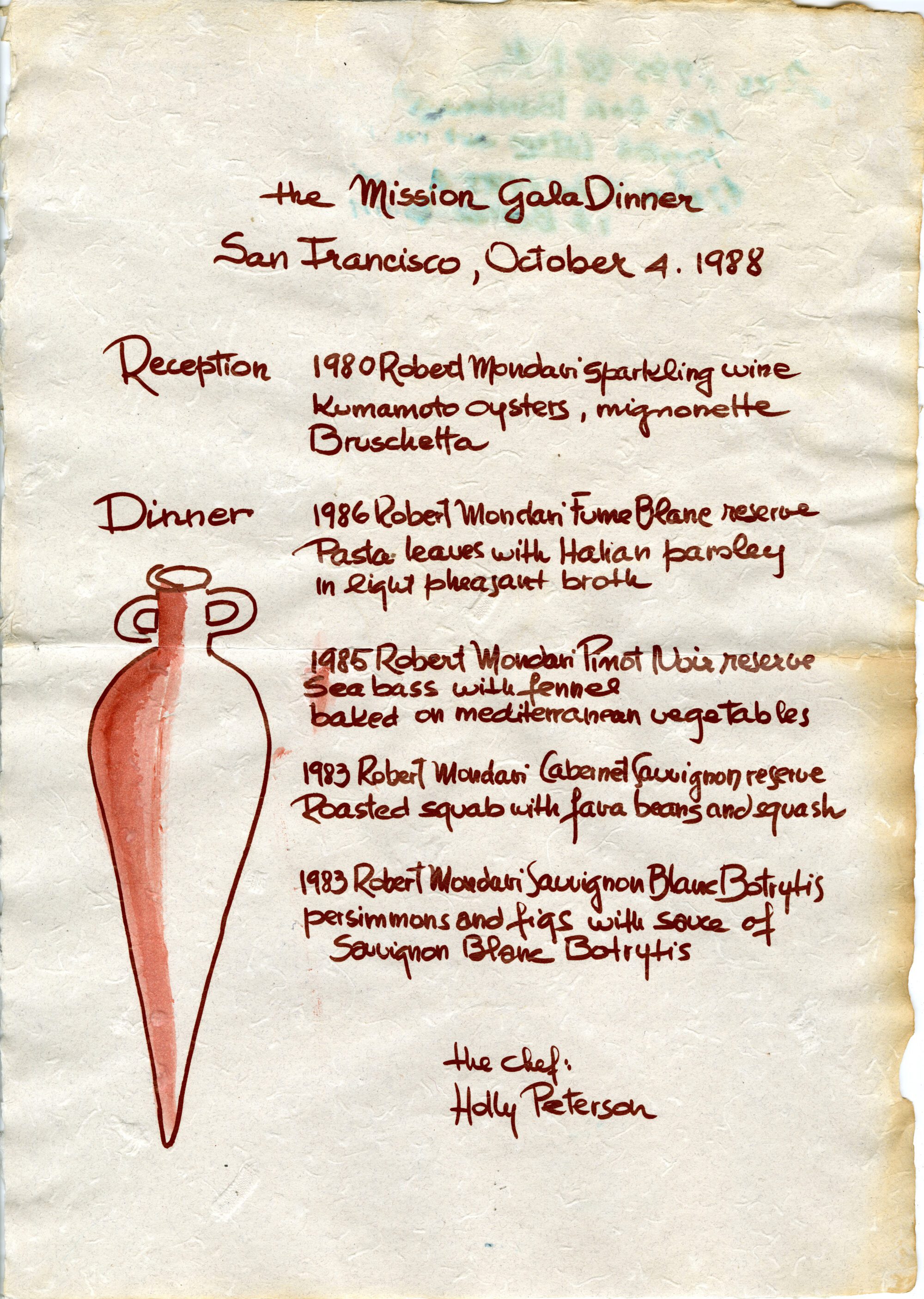
“At Robert Mondavi, we view wine as an integral part of our culture, heritage and the gracious way of life. We believe wine is the temperate, civilized, sacred, romantic mealtime beverage. Wine has been praised for centuries by statesmen, philosophers, poets, and scholars. Wine has been with us since civilization began and will be with us indefinitely. Now it is up to us to educate ourselves about what wine really is.”
Robert Mondavi
The Arts
In 1980, Robert Mondavi married Margrit Biever, a long-time friend and colleague. Robert and Margrit Mondavi’s shared love of art and music led to a flourishing of the cultural life of the winery and of the city of Napa. In addition to promoting wine as a part of “the good life,” the Mondavis felt that visual, auditory, and culinary arts all had a place in daily life. Over the years, the Robert Mondavi Winery has hosted famous chefs and musicians, including Alice Waters, Daniel Boulud, Charlie Trotter, Lena Horne, Ray Charles, and Dave Brubeck.
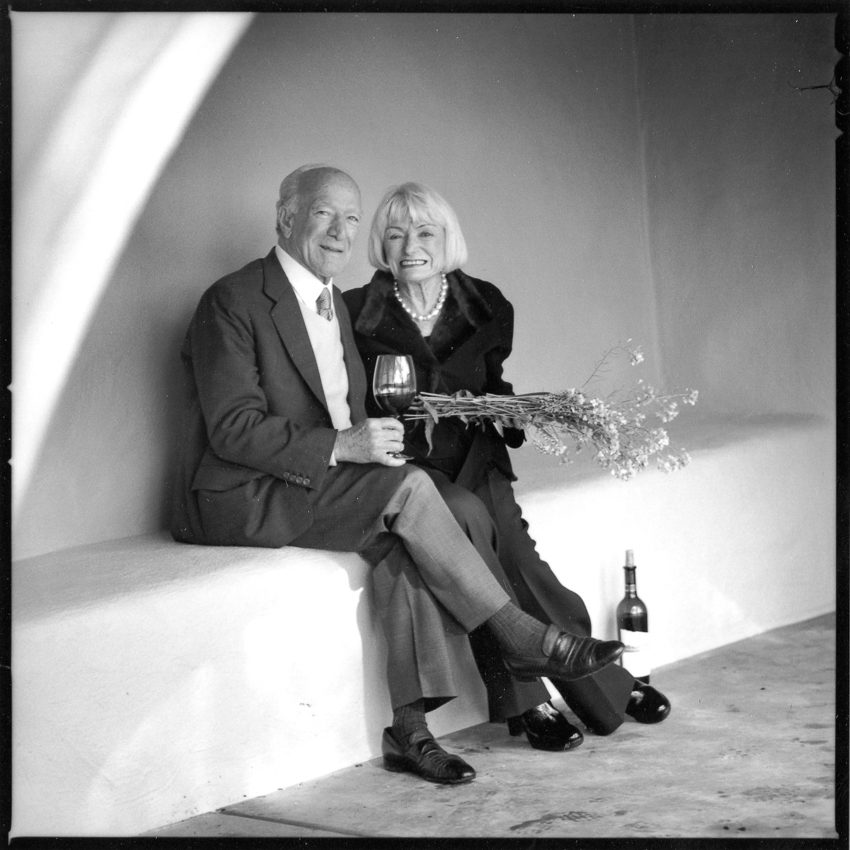
In 1997, Robert and Margrit Mondavi, along with Ann Hatch, founded the Oxbow School in Napa, California. The Oxbow School is a single-semester residential arts school for high school students; it admitted its first students in 1999 and continues to provide opportunities for young artists.
In 2001, COPIA: The American Center for Wine, Food, and the Arts opened its doors in Napa. COPIA was designed to showcase the cultural influences of wine, food, and the visual arts. Three major organizations came together to create the Center: UC Davis; the American Institute for Wine and Food; and Cornell University’s School of Hotel and Restaurant Administration. COPIA closed in 2008, a casualty of the U.S.’s widespread economic downturn.
UC Davis
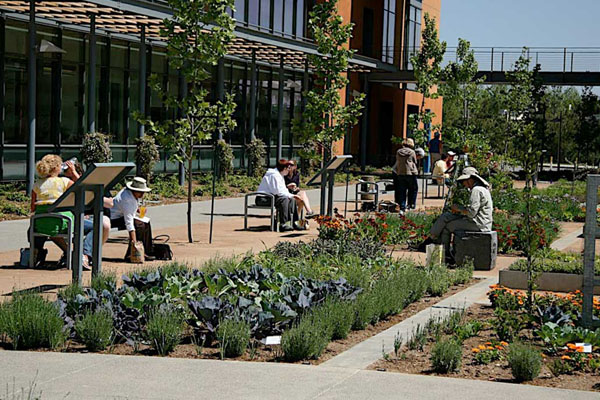
Robert and Margrit Mondavi made significant contributions to the arts and to wine research at UC Davis. Through their major contributions and support, the Robert and Margrit Mondavi Center for the Performing Arts opened in 2002 with a performance from the San Francisco Symphony under the direction of Michael Tilson Thomas. The Mondavis were also the driving force behind UC Davis’s Robert Mondavi Institute for Wine and Food Science (RMI), which opened in 2008. The RMI is a world-class teaching and research facility and home to the University of California, Davis’ departments of Viticulture and Enology and Food Science and Technology. The UC Davis Olive Center, the UC Davis Honey and Pollination Center, and the UC Davis Center for Wine Economics are also based at the RMI.
Margrit Mondavi continued the family’s extraordinary philanthropic leadership until her death in 2016. She made an inspirational lead gift to the Jan Shrem and Maria Manetti Shrem Museum of Art at UC Davis and provided support to undergraduate and graduate students in the colleges of Agricultural and Environmental Sciences and in the division of Humanities, Arts, and Cultural Studies in the College of Letters and Sciences.